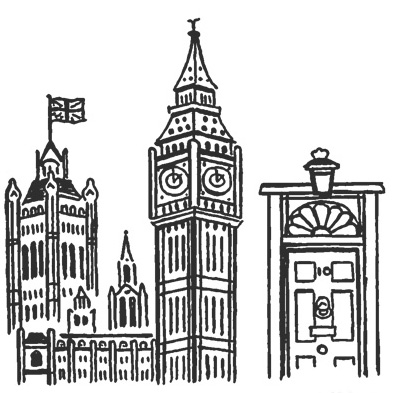Germany has just recorded its highest ever rise in daily infections. The country feels as worried now as at any point during the first wave. So why would I rather catch Covid there than here?
The short answer is that everything is comparative. Britain, otherwise known as clown-country (my term, the Germans use the slightly less pejorative ‘the island’), has never had a grip on the crisis. It has lurched from one decision to another, each announcement carrying the trademark bluster of Boris Johnson.
In Germany, the statistics are different; the atmospherics even more so. The country’s response has been characterised by competence on the ground and the quiet calm of Angela Merkel, who has not sought to intervene with the decisions taken by the regions and the municipalities. The Chancellor and her government have been fastidious about planning ahead, sticking to the science, being frank with citizens and refraining from bombast.
A couple of weeks ago I found myself in Duisburg, in the Ruhr region to the west of the country. The town has for decades suffered from post-industrial blight – not unlike a large swathe of northern England. It has poor quality and crowded housing and other forms of deprivation. In other words, this should be a Covid hotspot. Except the methods of tackling the problem there are unrecognisable to anything seen in the UK.
As I was shown around the emergency testing centre in a requisitioned musical theatre, I marvelled at not just the efficiency of it all, but also the human touch. The two men in charge were from the head of the local health office and the firefighters’ chief paramedic. They have been leading a cross-agency unit that, since June, has been testing up to 300 people a day in this building. One entrance is for people who’ve been sent by their doctor; another is for people who’ve just arrived from a foreign country; the third is for those who were contacted through track and trace.
The Chancellor and her government have been fastidious about planning ahead, sticking to the science, being frank with citizens and refraining from bombast.
The local doctors started planning since February, when the pandemic moved with a vengeance from China to Italy. They requested (not instructed) companies to provide personal protective equipment; nearby chemical companies started to mass produce disinfectant. They built a nightingale hospital but haven’t yet used it.
They’ve not run out of anything. Indeed, the place seemed almost serene as people walked in, received their number, sat on socially distanced plastic chairs for a few minutes, were quickly tested through mouth and nose by one of two doctors, and left, waiting for the test result to come the following day. Anyone can have a test, they told me, bewildered when I mentioned to them the endless stories of shortages in the UK.
Whenever I have asked politicians, medical experts and others in Germany the secret of their comparative Coronavirus success, they have answered: “luck”. That is typical self-deprecation. It does not begin to tell the story.
The issue of potential weakness in Germany’s system has turned out to be one of its biggest strengths. Regional and municipal leaders have had almost complete autonomy to plan their response and to impose restrictions. They have “owned” the crisis in their own areas. They are open about learning from each other’s successes and mistakes. What Merkel and her ministers have done has been to coordinate and to set the tone. In recent weeks she has convened regular meetings of the prime ministers of the 16 Länder, the regions, for urgent talks. They haven’t always agreed, but there is none of the acrimony that is apparent in Britain – where furious denunciations of the North-South divide underlie much of the tension.
The issue of potential weakness in Germany’s system has turned out to be one of its biggest strengths.
In Germany, the Chancellor would not have announced new rules for a region, only to forget what they were, as was the case with Johnson and the North East. She would not have ridden roughshod over local knowledge, as is happening now in Manchester, with the mayor, Andy Burnham, threatening legal action.
Britain’s Covid problems are less about the way the health service is run than about how the country is run. No minister in Whitehall – not even one in a moderately accomplished government –knows best about how to deal with disease or hardship within communities. Our present cohort of leaders has allowed itself to believe that hubris is more important than expertise, and the nation’s vulnerable are paying the price.
John Kampfner is author of “Why The Germans Do It Better: Notes from a Grown-Up Country”, published by Atlantic






